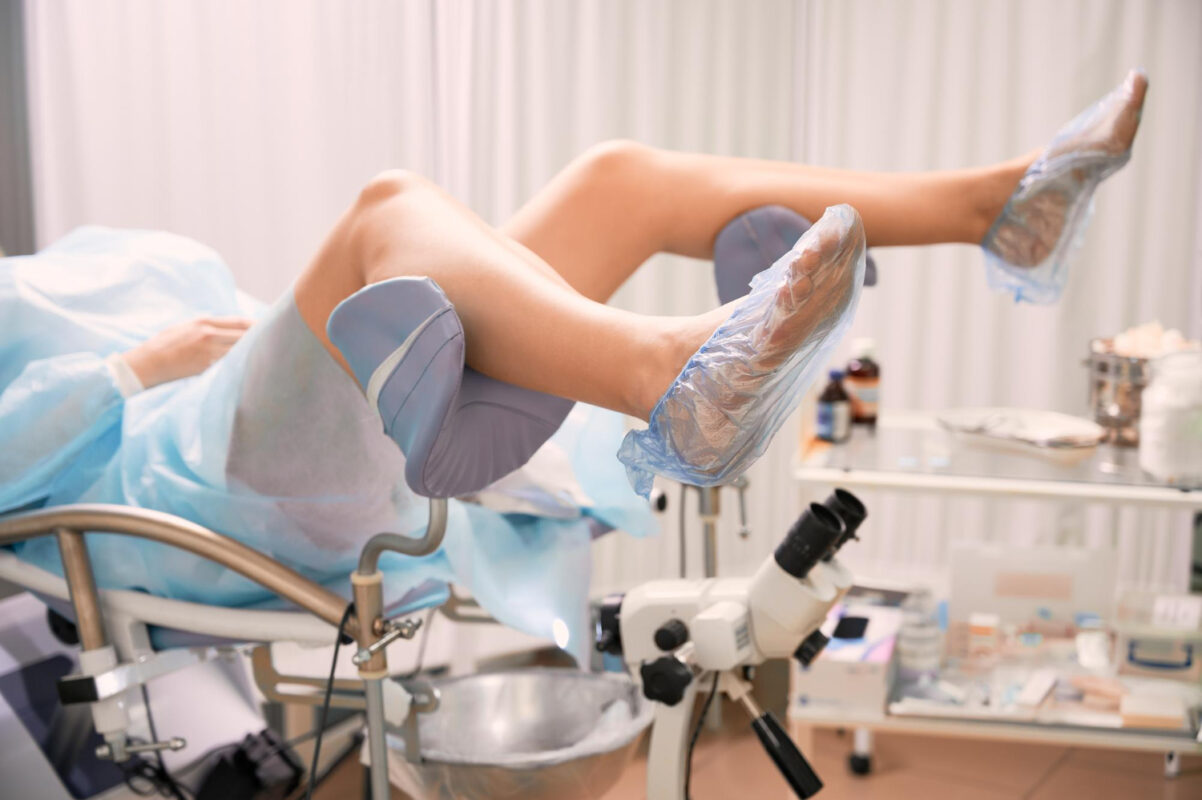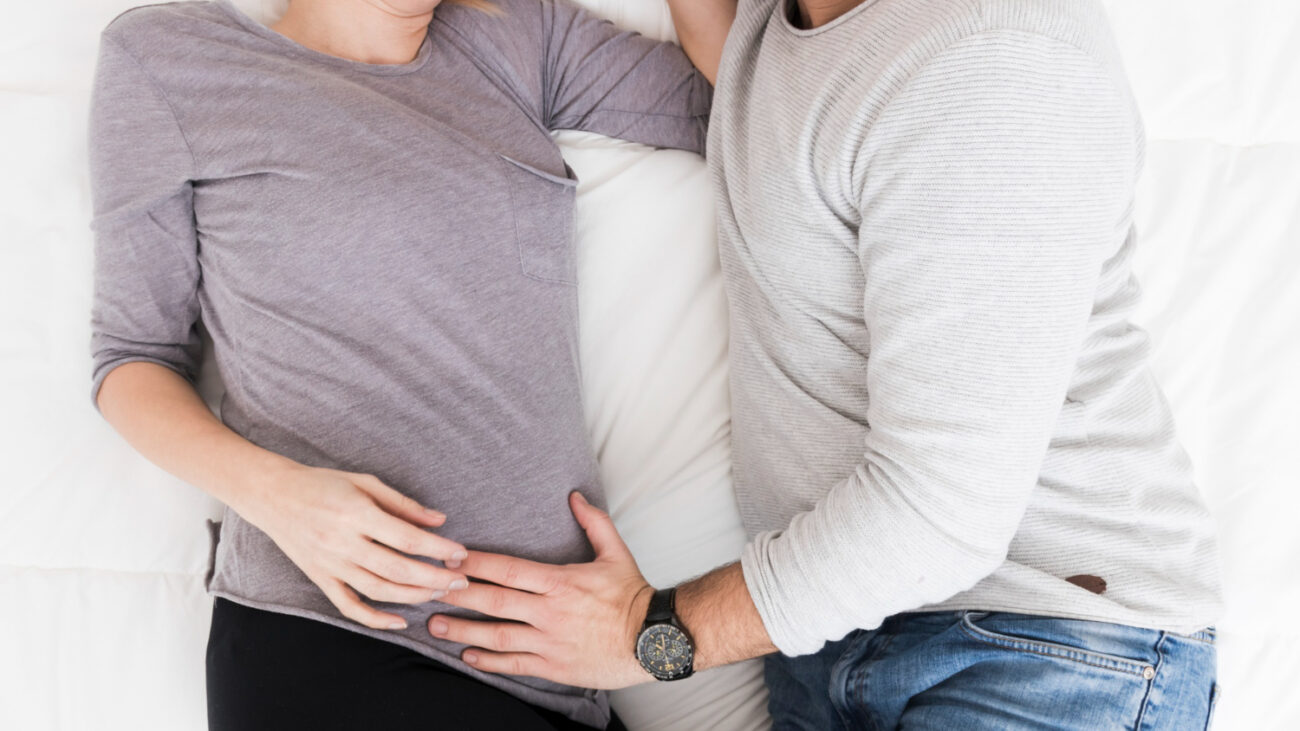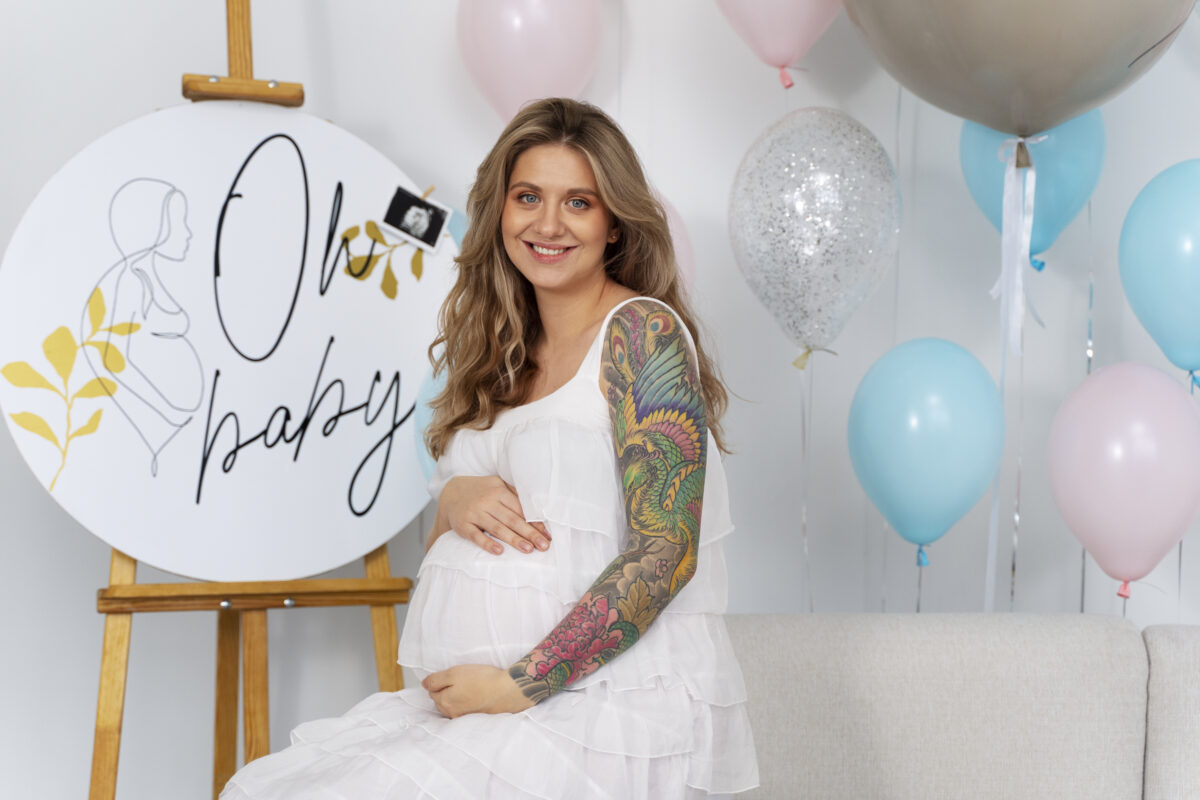Ovarian puncture is a fundamental medical procedure in assisted reproduction treatments, as it allows obtaining the mature eggs necessary to be fertilized in a laboratory, thus maximizing the chances of a successful pregnancy in in vitro fertilization treatments.
In addition, this procedure is often used in fertility preservation and egg donation programs, ensuring that the collected eggs are in optimal condition for future use.
The process involves extracting the eggs directly from the ovarian follicles using a fine needle guided by ultrasound, allowing access to the ovarian follicles, which are small structures where eggs develop. This procedure, which is performed under sedation, lasts approximately 20 to 30 minutes, and is usually outpatient, allowing patients to return home the same day.
Recommendations for a safe and efficient process
To ensure the success of the egg retrieval procedure and minimize the possible side effects that may arise, it is essential to follow the recommendations that the medical team will indicate, among which are:
- Go to medical check-ups: Ultrasound scans and hormonal analyses beforehand are crucial to adjust the treatment and ensure that the follicles develop correctly.
- Adopt a healthy lifestyle: A balanced diet, avoiding tobacco and alcohol use, and managing stress all contribute to overall well-being and recovery after the procedure.
- Consult any symptoms or concerns: Maintaining open communication with the medical team helps to resolve doubts and prevent complications.
Possible side effects of ovarian puncture

Like any medical procedure, ovarian puncture can lead to some side effects. Among the most common are mild abdominal discomfort, a feeling of bloating and small spots of blood after the intervention, discomfort that usually disappears in a few days and of which your doctor will be able to give you more details during the consultation, since according to your specific physical and hormonal conditions some of the symptoms already described may or may not occur.
Frequently Asked Questions by Our Patients
Do you feel pain in the follicular puncture?
No. The procedure is performed under sedation, so no pain is experienced during the procedure. However, it is normal to feel slight discomfort or swelling in the following days, which disappears quickly.
In which cases is ovarian puncture performed?
Ovarian puncture is performed in in vitro fertilization (IVF) treatments, egg donation and fertility preservation. It is also necessary to retrieve eggs in cases of controlled ovarian stimulation.
How long is it normal for symptoms to last after ovarian puncture?
Mild discomfort, such as bloating or abdominal pain, usually lasts between 24 and 48 hours. If symptoms persist or become severe, it is important to contact your doctor for an evaluation.
Is it possible to perform the puncture if there is an endometrioma?
Yes, it is possible. However, each case is carefully evaluated to avoid complications. The presence of an endometrioma may require adjustments in treatment, but does not necessarily prevent the puncture from being performed.
Remember that at Fertivida, as a Fertility Clinic, we perform follicular aspiration processes for both in vitro fertilization treatments, egg self-preservation or egg donation. Our specialists are not only there to accompany you, but also to explain and guide you on the necessary actions to take care of you, during and after an ovarian puncture.
Ovarian puncture is not only a fundamental step in assisted reproduction treatments, but also a key tool to achieve the dream of becoming a mother. Whether it’s to obtain eggs for IVF, for donation, or to preserve your fertility, this procedure is designed to ensure the best conditions on your path to motherhood.





